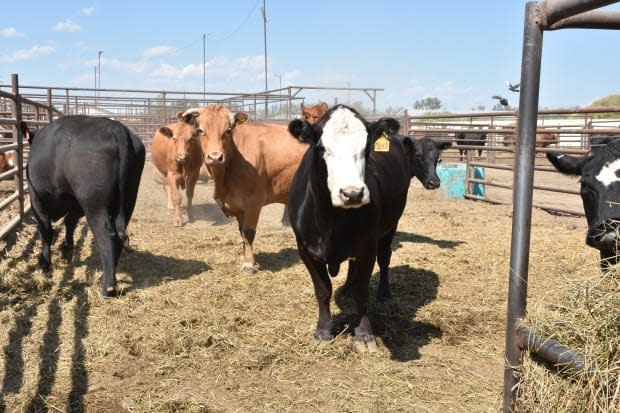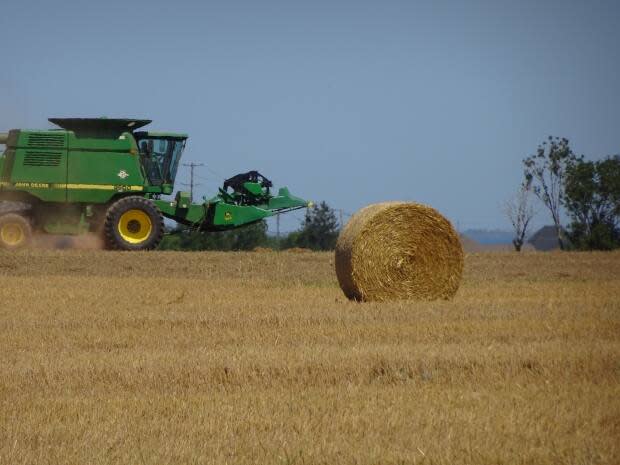Hay on the way? Atlantic farmers explore ways to support allies in the West affected by drought, fires

Farmers in Atlantic Canada are exploring ways to support their fellow food producers in the Western Canada as they deal with drought and wildfires that are having a devastating effect on crops and livestock.
One idea being considered is sending some hay their way, said Mary Robinson, a farmer from P.E.I. and president of the Canadian Federation of Agriculture.
"You talk to any producer here in P.E.I., and I think they would definitely go out of their way to help producers in the West," she said in an interview with Mainstreet P.E.I.
"So there's that sense of camaraderie and making sure that you help when you can, which is very much an Island thing, and I think even more so in the agriculture industry. That's a very dominant sentiment."
Robinson recalled similar efforts in 2002, when hay was sent west during a drought. In 2012, the Western provinces reciprocated when Quebec and Ontario were experiencing a drought.

She said animals may have to be culled due to the lack of feed in the West.
"We're hearing about cherries baking on the vine and we're seeing crops that should be waist high below the knee," she said.
"So they're in a situation that's very alarming in regard to animal welfare, mental health for our farmers as they struggle with tending to their herds, as well as trying to stay in business. We're seeing a concern about longevity and health of our cattle industry."
We've got to really have a look at this and see where we can really be most impactful with our desire to help. — Mary Robinson
Robinson said she's not sure how much a small province like P.E.I. can help. There are only about 243,000 hectares of crop land compared to over 14.6 million hectares in Saskatchewan, but they will take their cue from the producers in the West.
"I think we've got to be realistic as to how much it's going to help to send feed west if you're sending, you know, one loaf of bread to a million people, how much good does it do? So we've got to really have a look at this and see where we can really be most impactful with our desire to help."
The Canadian Federation of Agriculture, which represents about 200,000 farmers, is trying to get a sense of its inventory, and how it could send hay efficiently to the West.
More from CBC P.E.I.

